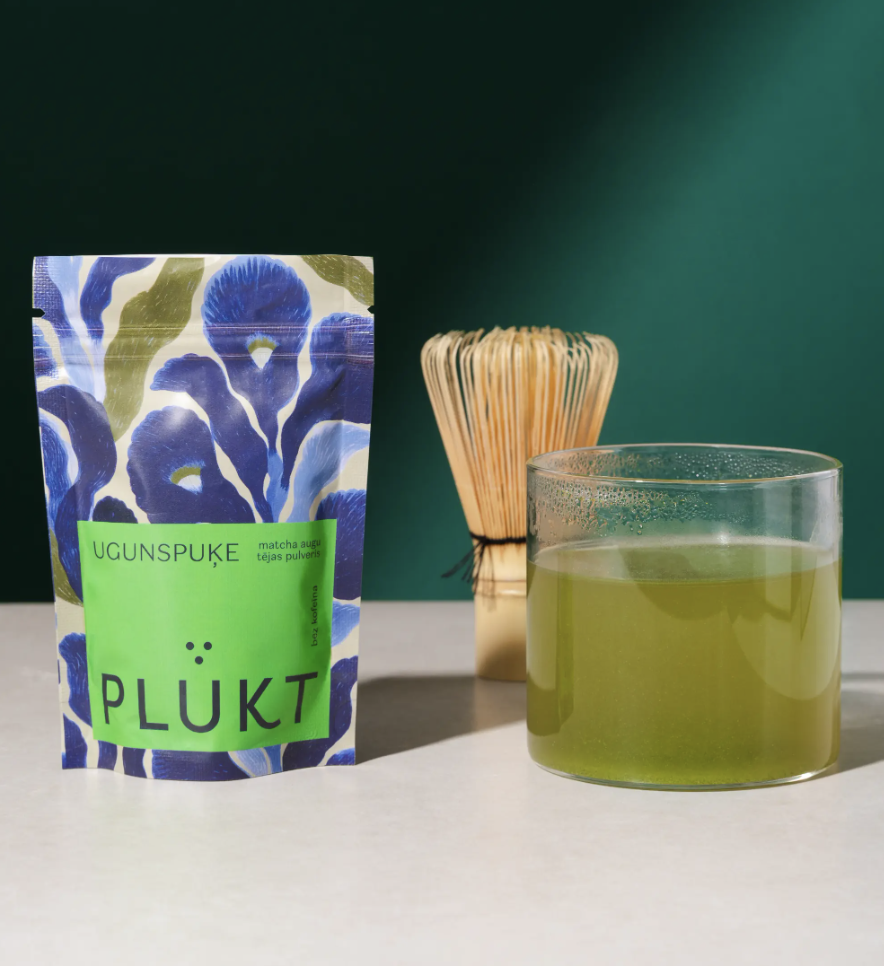Walking by a trendy coffee shop in Europe or the US today may make you feel like you have been thrown back to the mid-2010s, when the matcha mania was just starting out and consumers were buying matcha-flavoured everything. It is a rare example of a specific and unique ingredient that became very popular – some may even say hyped – and then managed to stay that way.
The matcha trend is now experiencing a new surge of popularity and, as is so often the case in the world of food and drink, it has a lot to do with a certain social media channel called TikTok. To date, the hashtag #MatchaTok has over 200,000 posts while posts tagged #matcha reach almost 3 million. Matcha tiramisu, cookie dough matcha, cold-whisked matcha – you name it, TikTok has it.

Consumers are attracted to matcha partly thanks to its vibrant green colour, and partly because of the array of health benefits ranging from stable energy to cognitive health, skin health and antioxidant abilities.
Japan's agricultural ministry says that matcha production nearly tripled between 2010 and 2023 while green tea exports, including matcha, rose 25% last year to 36.4bn yen ($250m/€215m).
This surging demand – along with adverse weather conditions and a lack of farmers – has led to a global matcha shortage that one Latvian tea brand is now trying to make the most of.
Introducing fireweed matcha, launched by Latvia-based PLUKT in August 2025. The start-up, which sells a range of Nordic herbal teas, promotes its fireweed matcha as a “gentle and caffeine-free alternative to traditional matcha”. It claims that the herbaceous perennial fireweed, common across the Northern Hemisphere, has been used for over 300 years and has similar health benefits as matcha – while having the same attractive bright-green colour. PLUKT also says that its matcha alternative has a better, less grassy flavour, while being “a fun option from a local herb” and “a fresh and creative drop in a very saturated market”.

At €28 per 100g, the fireweed matcha is neither unaffordable nor premium priced compared to regular matcha tea sold in Latvia, with some costing as much as €60-80 per 100g. This indicates an opportunity to present fireweed as a more affordable alternative to matcha, especially as matcha prices are expected to continue to rise due to US tariffs and continued strong demand.
PLUKT says that it has received more attention for this product than any other product, especially from the HoReCa industry, and that consumers in Scandinavia, the Baltics and the US have been the most responsive.

